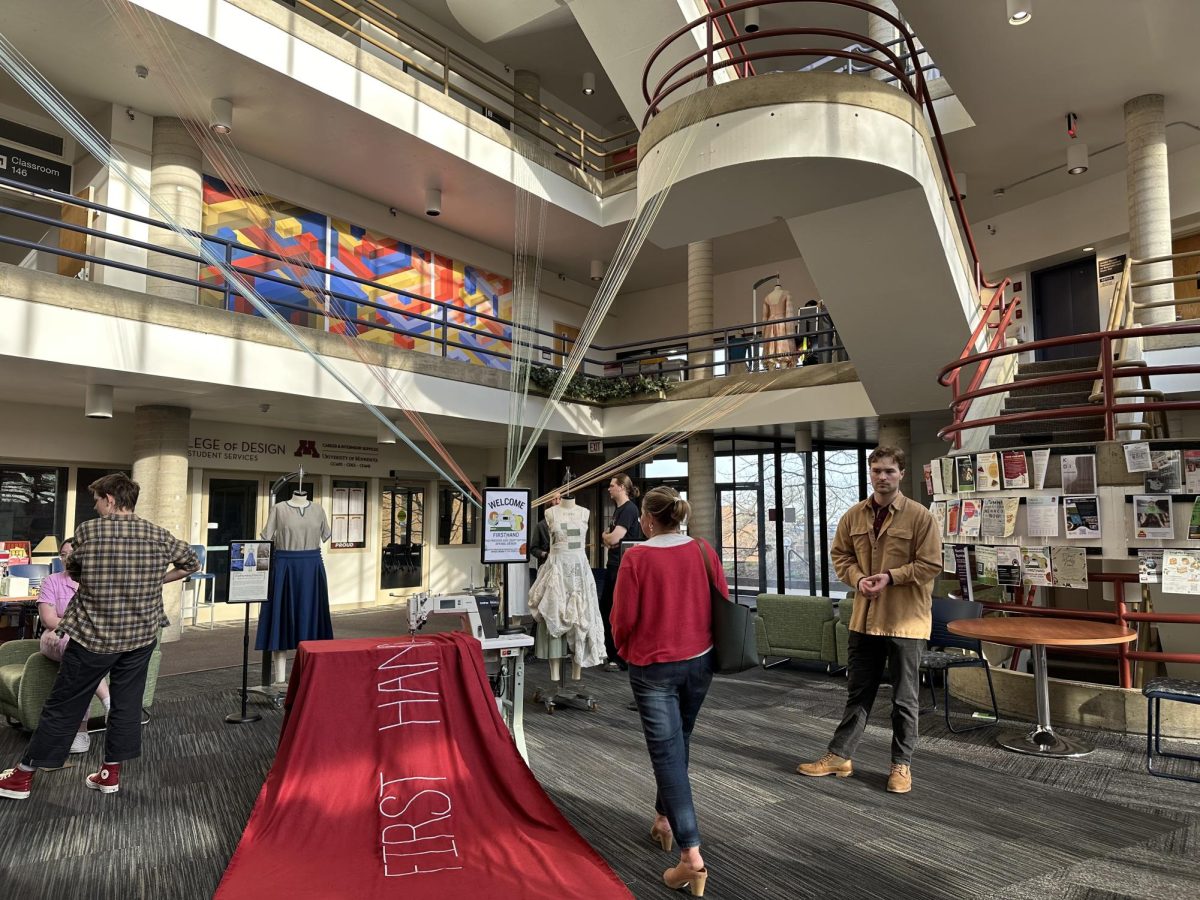Few people would think that spending a Thursday night watching “Friends” would be required for a graduate studies research project.
But for Cheri Anderson, watching soaps and dramas on television is all part of researching how consumers use products.
For the past two years, Anderson has been working with William Wells, a professor in the School of Journalism and Mass Communications, who said, “this project is more than just watching TV.”
Anderson, who has a master’s degree in mass communications from the University and is currently working on her doctorate, said Wells’ project entails watching fictional narratives from such television shows as “Cheers”, “Murphy Brown” and “ER” — and treating the characters as if they were real people. She analyzes and dissects each character, looking for a specific action.
For example, Anderson is currently examining how people react with and use the telephone. In this study Anderson records hundreds of hours of fictional narratives on television. She looks for instances of characters speaking on phones, their reactions to phone conversations and why they place calls.
This information is then compared to other scientific findings, which are done through more traditional styles of testing, such as surveys, interviews and laboratory experiments.
Anderson said television actors and actresses primarily use their facial expressions to show emotions. These displays give a researcher more information than standard testing methods can.
This technique allows the researcher to cross-validate social science findings, she said.
“The studies in the labs just didn’t produce enough realistic findings. They couldn’t get the personal aspect of the experiment,” said Anderson, explaining that this was one reason why the research study was designed. The idea also originated in the University’s Mithun Office, which houses ongoing consumer research.
Once Anderson and Wells collect information from the narratives, the data is alsosubjected to more traditional testing styles. The findings are then put into surveys to ask “real people” if the outcomes apply to their lives.
“To minimize the liabilities in the data and to do thorough research, we must do many (research) methods,” Anderson said.
Advances in Consumer Research magazine published another study conducted by Wells and Anderson that examined the materialistic nature of characters in TV shows. This study looked at how consumers valued different types of possessions, the social stereotypes involved with materialism and the meanings of these possessions to consumers.
Another study Wells has worked on “looked at people drinking coffee, talking with coffee or just having it present. We also look at why people drink coffee,” he said.
The study closely examined the objective features of coffee, along with coffee as an instrument of social meaning and as a communication medium.
Although some people would argue that these TV shows are not realistic because many times characters’ actions are exaggerated, Anderson said “exaggerations in fictional narratives show behaviors that are normally subtle. They are hyper-manifest for study, making a person more aware of characters’ roles.”
The results of this research study are applicable to advertising and industry practitioners, and to the academic world.
Anderson said studies about coffee are helpful to advertising practitioners because the information generated can help companies make a product appeal to certain groups of people. The companies can also keep track of how the products are being used.
She said the academic world benefits from these studies because peoples’ actions toward various objects can be traced.
“Carl Jung may have said it best when he said that all human behavior is data, no matter how it is expressed.’ I agree with this completely,” Anderson said.










